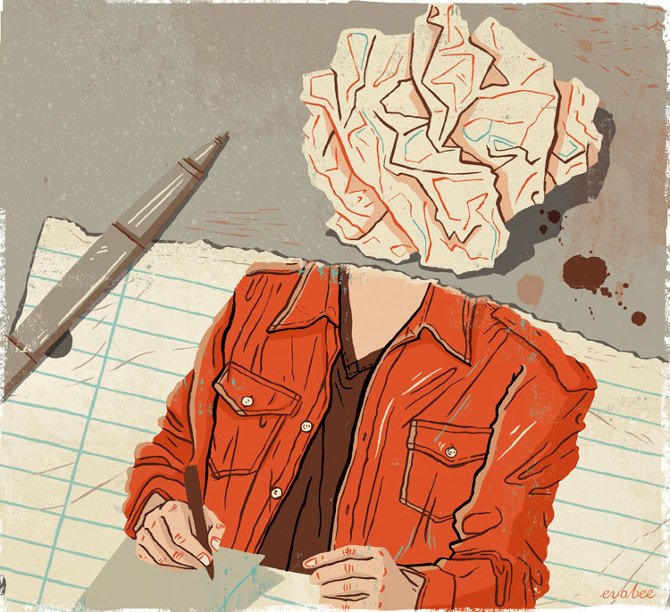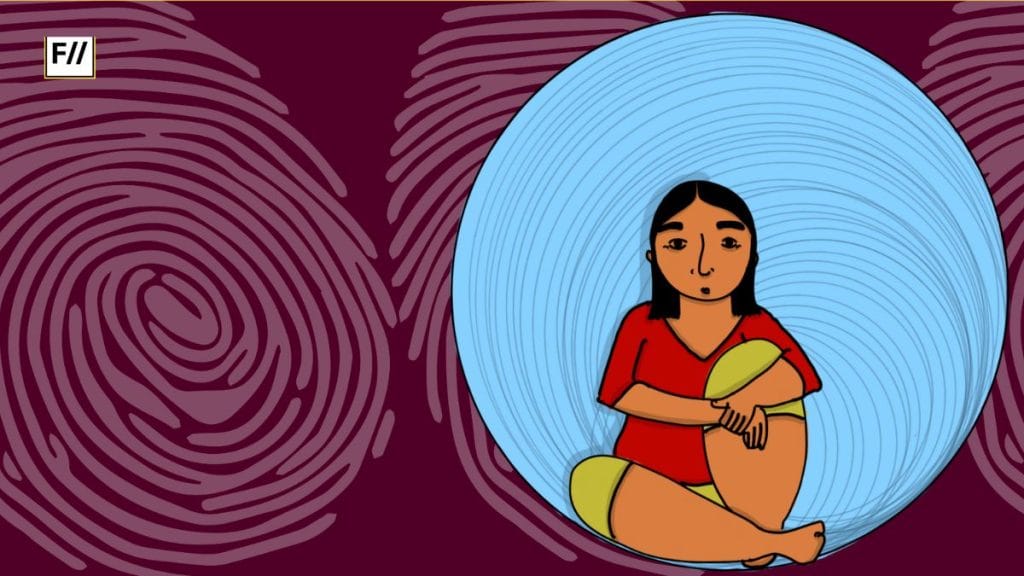If you’ve missed the first three parts, here you go: Part 1: Do I need a therapist?, Part 2: How do I know this therapist is right for me?, Part 3: What to expect in my first therapy session. This Part 4 concludes this series.
Recovery.
This is possibly the result each one of us looking at therapy wants. Will I be better? Will my life transform? Will I be able to do things without feeling all the intense feelings that assail me when I want to do things? Mostly, will I just be “normal” and not feel so much?
Before I answer those questions, let me tell you a little story. The first time I felt I had recovered, I was over the moon. I was functional: able to get out of bed at a decent hour, pack the kids off to school without doing too much damage, I was able to put in a few hours of work and I was able to sleep at night, even though it was aided by medication. I was also functioning without those whom I thought indispensable. I was eating well and regularly, I was getting some outdoors time, I was able to connect with my friends, and I was able to lead a life that looked slightly beautiful. Then, one night, I got into an argument with someone in my family and I tried to kill myself. Within moments, any idea that I had recovered vanished. That night, I was exactly where I was when I first started therapy — tired of life, emotionally unstable and severely prone to great hurt.
After my discharge from the hospital, I had to restart the process of recovery. And I had to start even farther back from the last time. Many months went by and soon I was feeling a little better. I stopped going to therapy. It was too far away, she wasn’t doing anything for me, I didn’t need her etc etc etc. I went for a year without therapy, and told everyone who asked me that I was going now and then. And in private, what I did was get much, much worse.
This, in a nutshell, is the story of my recovery. This is, possibly, the story of any recovery. Over the weekend, I saw Split, a film about Dissociative Identity Disorder. While my mental illness isn’t that severe (or isn’t severe in that way, whichever suits us all better), there were many things the film depicted that I totally identified with. For instance, doing everything to get what your mind wants, which may not be good for you, if you consider the larger picture. They might give you little dopamine hits but that’s temporary: in the larger scheme of things, it’s bad for you, and yet you still do it. That process, actually, encompasses the journey of recovery for me. The ability to fool everyone around you that you’re doing what’s good for you while you are actually going ahead and doing what’s really terrible.
It took another year of therapy to get where I am today and now I can say with deep, deep conviction that I am nowhere close to recovered. On my high days, I feel like my future is bright and unfolding in front of me and I am capable of all the intense juggling and hard work it requires to make it a success. On my dull days, I go to bed hoping I don’t wake up the following morning. And on my “normal” days, I am just about functional. Which is to say, I wake up at the crack of dawn, get my kids, myself and breakfast ready and drop them off to school; I go to work, do what I can, and what is important, and try to give it my 100 percent. Though it’s not always possible. I come back home and I am done. I don’t do anything else other than basic upkeep of home, myself and the kids. I could do so much more in the three hours I have till the kids’ bed time but I don’t. And this is what recovery looks like. It starts with you getting functional, even happy and jubilant, then you crash, and regress. Then you get stuck at functional because that’s what’s become a habit. What doesn’t take place is flow or enjoyment or inspired living. That happens on my high days, days when I am churning out one creative thing after another. I am afraid of those days, because the crash that follows it is terrible.
So what can you expect from recovery?
- You can expect to feel less intense about everything you have been overwhelmed with. You will, by and by, learn to take hold of your emotions, experience them instead of fighting them or analysing them, and you will learn to acknowledge them. After that, they are supposed to not bother you any more but we’ll see :).
- You can expect recovery to be slow and very like climbing a steep hill when it’s coming down in buckets. The path is barely visible, and it’s slippery because of all the gushing water. The only thing that’s steady is you, if you find your centre, if you find your adult self. You’re going to go forward some, and then you’re going to be knocked back and everything is going to seem pointless.
- Here’s what you’re going to feel when the above happens: That all your therapy is wasted, that you’re never going to get better, you’re going to catastrophise the rest of your life and believe that you are never going to be happy or at peace. All of this is not true. Your brain lies and this is one instance of your brain lying very convincingly.
- You will go through a few of these cycles before you find the steadiness in you that will tell you with conviction that this too shall pass. I still haven’t found it without being reminded, most times. Sometimes I find it, many times I don’t. So it’s a good idea to have friends about who remind you that you’ve gone through worse before, and this will go away too.
- It will take time. Please expect this and remember this. It will take anywhere between six months to many years to achieve some level of control over your emotions, your reactions to stress and your life in general. Needless to say, the more severe your condition, the longer it’s going to take for you to accept the things that are required of you in therapy.
- Your therapist is not a magician. Give them time. Trust them unless, time and again, you seem to come up against yourself where trust is concerned. If you just can’t trust them or settle down with them after four to six sessions, do yourself a favour and approach someone new. It doesn’t matter if you have to go through the process again; it’s better than staying with someone you don’t like or trust.
- There will be bad days. There will be terrible days, because now that you’ve started therapy, your self awareness will be super high, and you are going to open yourself up to very deep levels of reception. It is going to hurt you. You will feel the pain, when this happens, in very physical ways. You will feel asocial and like you don’t want to talk to anyone (and yet be taken care of!). These can be very bad days: reach out to a friend or your therapist to see you through those. But don’t give up.
How do I recover then?
- Therapy, therapy, therapy: Do not stop your therapy, till you are asked to. I have nothing else to say.
- Do everything you need to do: keep a log, exercise, have your medication, go to therapy, eat, sleep — adequately.
- Chart your recovery: Go back a year ago and see how you were, and look at yourself now. Ask your family and friends for testimonies about you — a small, informal chat is enough. Write it down: what they said, as well as what you feel. This is invaluable. It gives you a great, great sense of how far you’ve come since you began to get help.
- Practice, practice, practice: Practice all the breathing, all the thought recording, all the note taking, all the alternative thinking, all the exercises to cope with situations. Practice all of them as much as you can till they start feeling like part of your personality or nature.
- Equip yourself with trustworthy information: Ask your therapist to recommend books about issues you’re dealing with. This has helped me quite a bit.
- Lastly, and most importantly, if you fail, stop blaming yourself and condemning yourself to a lifetime of misery. Stop that negative self talk. Your therapist is there to see you through. Your friends are around, and if you have a supportive family, them too. You’ll be better again. The best part of about regression is, every time you fall, your return is faster and stronger, more aware. So you know what not to do next time, and what to do. The next step from there, as a result, is a leap ahead, not just small steps.
Your recovery feels like that phrase I hate so much: “So far, so good.” One day at a time, small, achievable goals that don’t overwhelm you, small expectations and the ability to manage if a mismatch occurs, it’s like brushing your teeth every day. Recovery is the recognition that today you have to do this, and you do. Just like brushing your teeth doesn’t usually give you crippling anxiety, handling a day, too, shouldn’t give you that. It may collapse tomorrow, but for today you are fine.
So, go well, my readers. And fight the good fight.
If you want to write to Sandhya, email her at therestlessquill@gmail.com. She can’t promise to reply promptly, but she will eventually reply. She tweets at @therestlessquil and you can follow her Facebook posts here.
Disclaimer: This post was originally published at The Restless Quill and has been cross-posted with the author’s permission.
Featured Image Credit: EvaBee
About the author(s)
Sandhya Menon is a writer, journalist, feminist, mother. She writes about her life, mental health and women. She also writes fiction and poetry.




